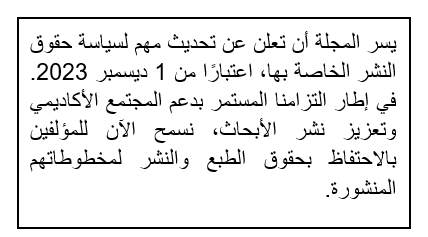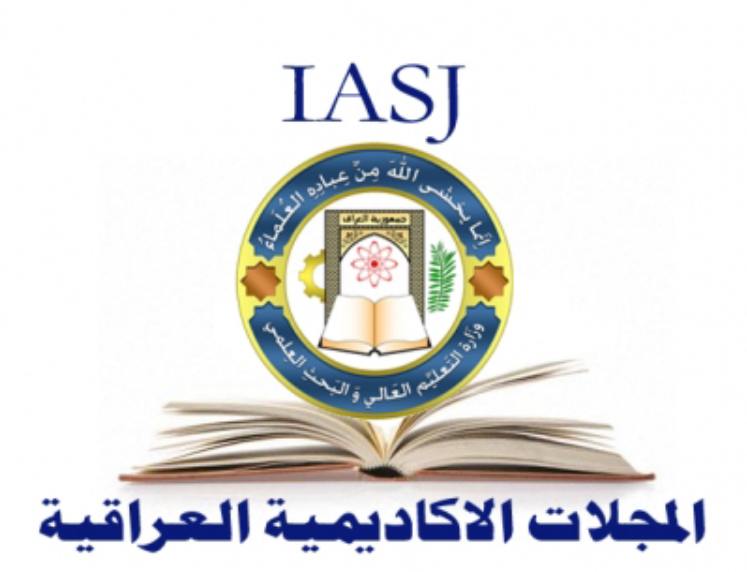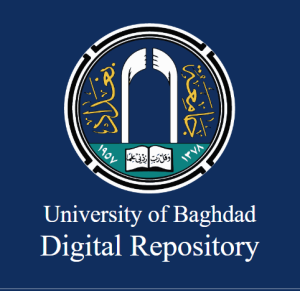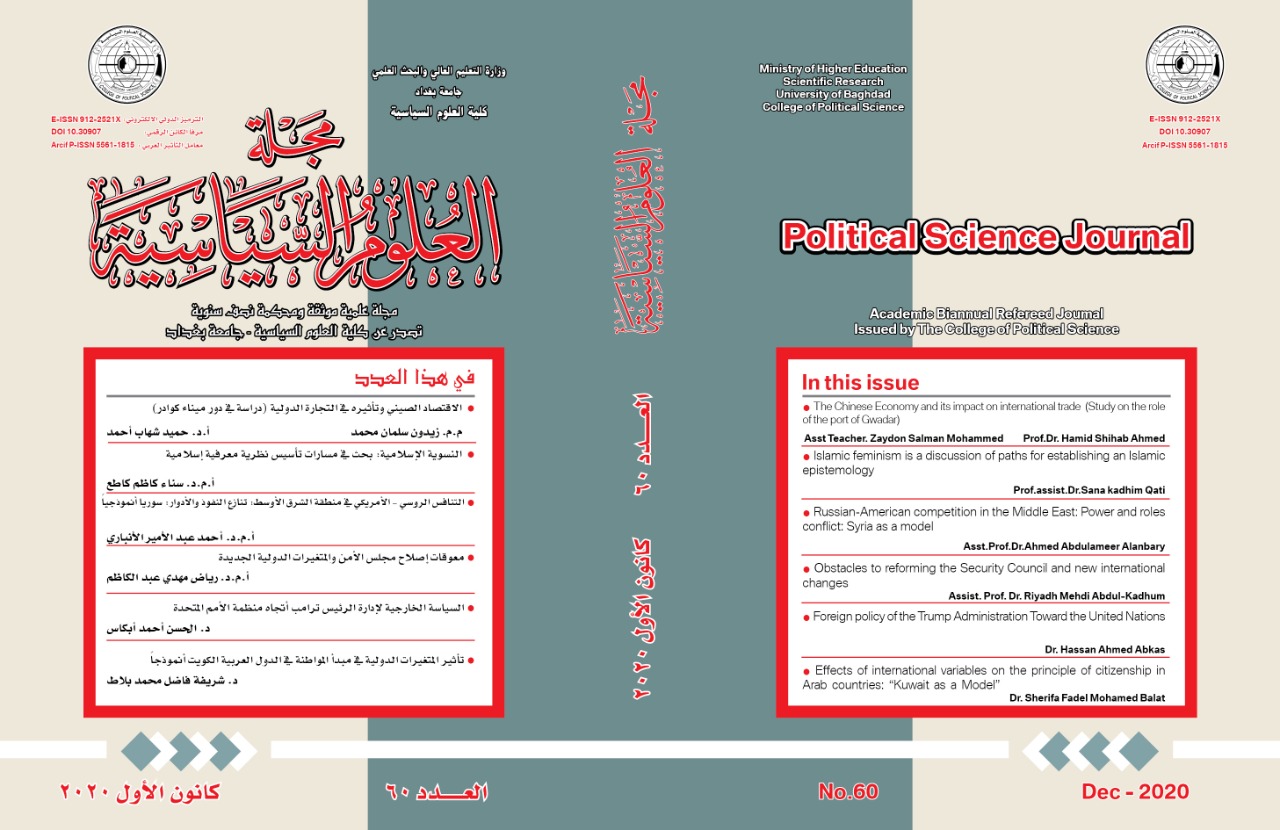إشكالية التمكين السياسي للنساء ذوات الاعاقة في ضوء التشريعات العراقية
DOI:
https://doi.org/10.30907/jcopolicy.vi63.511الكلمات المفتاحية:
التمكين السياسي، النساء ذوات الإعاقة، حقوق النساء ذوات الاعاقة في التشريعات العراقية والدوليةالملخص
تقاس الديمقراطية في اي بلد من خلال المستوى الثقافي والاجتماعي والاقتصادي الذي وصلت اليه المرأة فيه بشكل عام والمراة ذات الاعاقة بشكل خاص ، ومدى مشاركتها في الحياة السياسية وصنع القرار السياسي . ونتيجة للسلطة الذكورية التي عرفتها المجتمعات ومنها العراق ، فقد شهد التاريخ انواع واشكال متعددة من التمييز ضد المراة ، اختلفت من دولة الى اخرى، هذا الامر دفع النساء ومنذ بداية القرن الماضي طرح موضوع حقوق المراة على الصعيد العالمي والاقليمي والوطني ، من خلال عقد الموتمرات والاتفاقيات الدولية من اجل تمكين المراة في كافة المجالات الاجتماعية والاقتصادية والسياسية .
كان للظروف التي تعرض اليها العراق من حروب وصراعات طائفية وعنف ، ان خلف العديد من الاشخاص ذوي الاعاقة في المجتمع العراقي ، وعلى الرغم من عدم وجود احصائية دقيقة لاعدادهم ، الا ان المنظمات الخاصة بالاشخاص ذوي الاعاقة في العراق يقدرعددهم بنحو ثلاثة ملايين شخص ، تحتل النساء منه نسبة لا يستهان بها . ونتيجة لاتصاف العراق بكونه مجتمع ذكوري يدعو للسيطرة الذكورية على المراة ، بالاضافة الى طبيعة المجتمع العشائري والنظرة الدونية للمراة المعاقة ولعائلتها ، فقد كانت معاناة النساء ذوات الاعاقة اكبر، فقد حرمت من اهم حقوقها وهو حق الحياة او الانعزال عن المجتمع وتجريدها من حقوقها الطبيعية ، والتي كفلتها جميع الاديان والاعراف والقوانين الدولية المعترف بها من قبل العراق.
تاريخ الأستلام: 21/3/2021
تاريخ قبول النشر: 26/5/2021
المراجع
قائمة المصادر:
ابو ارشيد. سليمان. 2018. "التهميش المزدوج ومعيقات المشاركة السياسية للمراة العربية". عرب48. 3اذار. 2018.
الجمعية العامة للامم المتحدة. 1979. اتفاقية القضاء على جميع اشكال التمييز ضد المراة. (22 كانون الثاني 1980). A/RES/34/180. 24 نيسان،2021.
الجمعية العامة للامم المتحدة. 2006. اتفاقية حقوق الاشخاص ذوي الاعاقة. (19 كانون الاول 2006).A/RES/61/106. 15 حزيران،2021.
احمد، مالك عبدالحسين. 2012. "تمكين المراة العراقية في مجالات التنمية". مجلة الاقتصادي الخليجي، العدد23: 110-135.
الأحمد، وسيم حسام الدين. 2016. التمكين السياسي للمراة العربية دراسة مقارنة. الرياض: مركز الابحاث الواعدة في البحوث الاجتماعية ودراسات المراة.
إسماعيل، فريدة غلام. 2005. "التمكين السياسي للمراة". الحوار المتمدن.
https://www.ahewar.org/debat/show.art.asp?aid=45270
الجمعية العامة للامم المتحدة. 1948. الاعلان العالمي لحقوق الانسان. 10 كانون الاول 1948. A/RES/217(III)[A]. 15 حزيران،2021.
https://www.ohchr.org/ar/universal-declaration-of-human-rights
باباخان، فائزة جبار محمد. 2009. القوانين العراقية الخاصة بحقوق المراة في ضوء اتفاقية سيداو(دراسة مقارنة). بغداد: دار الرواد المزدهرة للطباعة والنشر.
بلول، صابر. 2009. "التمكين السياسي للمراة العربية بين القرارات والتوجهات الدولية والواقع". مجلة جامعة دمشق للعلوم الاقتصادية والقانونية 25، العدد الثاني:645-686.
بن سليمان، راضية، ونبيلة دغيش. 2016، "التمثيل السياسي للمراة في المجالس المنتخبة". مذكرة تخرج لنيل شهادة الماجستير، جامعة عبد الرحمن ميرة.
الجدة، رعد ناجي. 2004. التطورات الدستورية في العراق. بغداد: بيت الحكمة.
دستور جمهورية العراق الدائم لعام 2005.
دستور جمهورية العراق المؤقت 1958.
الدسوقي، سيد ابراهيم. 2007. الحماية الدولية لحقوق المراة على ضوء اتفاقية منع التمييز الجنسي. القاهرة: دار النهضة العربية.
الشيخاوي، امنة .2017. "تمكين المراة ذات الاعاقة في منظومة تشريعات المملكة العربية السعودية في اطار الاتفاقيات الدولية". مجلة جيل حقوق الانسان، العدد 22: 51-70.
صالح، بيان واخرون. 2008. واقع المراة في عراق ما بعد التغيير. بغداد: المركز التقدمي للدراسات وابحاث مساواة المراة.
العزاوي، هاشم خليل. 2018. "التقرير الموازي لتقرير الحوكمة حول اتفاقية حقوق الاشخاص ذوي الاعاقة" تجمع المعوقين في العراق.
قانون رعاية الاشخاص ذوي الاعاقة والاحتياجات الخاصة لعام 2013، رقم (38). جريدة الوقائع العراقية. العدد4295. 2013.
مثنى، هدى محمد. 2008."المشاركة السياسية للمراة العراقية بعد عام 2003". رسالة ماجستير، جامعة بغداد.
قانون الانتخابات لعام 2005، الجمعية الوطنية العراقية. رقم 16. (2005). (تاريخ الدخول يوليو5، 2021).
http://wiki.dorar-aliraq.net/iraqilaws/law/19502.html
معهد البحرين للتنمية السياسية. 2009، التمكين والتمكين السياسي...المفاهيم، البحرين، جريدة الوسيط، العدد 2375.
List of references:
Abu Irsheed. Solomon.2018. Double Marginalization and Obstacles to the Political Participation of Arab Women. Arabs 48. March 3, 2018
United Nations General Assembly. 1979. Convention on the Elimination of All Forms of Discrimination against Women. (January 22, 1980). A/RES/34/180. April 24, 2021. https://2u.pw/A4xNQ
United Nations General Assembly. 2006. Convention on the Rights of Persons with Disabilities. (December 19, 2006). A/RES/61/106. June 15, 2021. https://2u.pw/VDchb
Ahmed, Malik Abdul Hussein. 2012. Empowering Iraqi women in the areas of development. The Gulf Economic Journal, Issue 23: 110-135.
Al-Ahmad, Wassim Hossam El-Din. 2016. Political empowerment of Arab women, a comparative study. Riyadh: Promising Research Center in Social Research and Women's Studies.
Ismail, Farida Ghulam. 2005. "Women's Political Empowerment". Civil Dialogue. November 11, 2005.https://www.ahewar.org/debat/show.art.asp?aid=45270
United Nations General Assembly. 1948. Universal Declaration of Human Rights (December 10, 1948). A/RES/217(III)[A]. June 15, 2021. https://www.ohchr.org/en/universal-declaration-of-human-rights
Babakhan, winner Jabbar Mohammed .2009. Iraqi laws on women's rights in the light of CEDAW (a comparative study). Baghdad: Prosperous Pioneers House for Printing and Publishing.
Balloul, Saber. 2009. Political empowerment of Arab women between international decisions and trends and reality. Damascus University Journal of Economic and Legal Sciences 25, second issue: 645-686.
Ben Slimane, Radhia, and Nabila Daghish. 2016. "Women's Political Representation in Elected Councils". Graduation note for a master's degree, Abdul Rahman Mira University.
Al-Jedda, Raad Naji. 2004. Constitutional developments in Iraq. Baghdad: House of Wisdom.
The Permanent Constitution of the Republic of Iraq for the year 2005.
The Provisional Constitution of the Republic of Iraq 1958.
El-Desouky, Syed Ibrahim. 2007. International protection of women's rights in the light of the Convention on the Prevention of Sexual Discrimination. Cairo: Arab Renaissance House.
Al-Shekhawy, Safe.2017. Empowering women with disabilities in the legislative system of the Kingdom of Saudi Arabia within the framework of international conventions. Human Rights Generation Magazine, Issue 22: 51-70.
Saleh, Bayan et al. 2008. The reality of women in post-change Iraq. Baghdad: Progressive Center for Women's Equality Studies and Research.
Al-Azzawi, Hashem Khalil. 2018. "Parallel Report to the Governance Report on the Convention on the Rights of Persons with Disabilities" Disabled People's Gathering in Iraq.
The Welfare of Persons with Disabilities and Special Needs Law of 2013, No. (38). Iraqi Gazette. Issue 4295. 2013.
Muthanna, Hoda Muhammad.2008. "The political participation of Iraqi women after 2003." Master's thesis, University of Baghdad.
Elections Law, Iraqi National Assembly. No. 16. (2005). (Entry date July 5, 2021). http://wiki.dorar-aliraq.net/iraqilaws/law/19502.html
Bahrain Institute for Political Development. 2009, Empowerment and Political Empowerment. Concepts, Bahrain, Al Waseet Newspaper, No. 2375.
التنزيلات
منشور
إصدار
القسم
الرخصة
الحقوق الفكرية (c) 2022 مجلة العلوم السياسية

هذا العمل مرخص بموجب Creative Commons Attribution 4.0 International License.






 ©️ 2023 The Author(s). Published by College of Political Science, University of Baghdad. This is an Open Access article distributed under the terms of the
©️ 2023 The Author(s). Published by College of Political Science, University of Baghdad. This is an Open Access article distributed under the terms of the 












